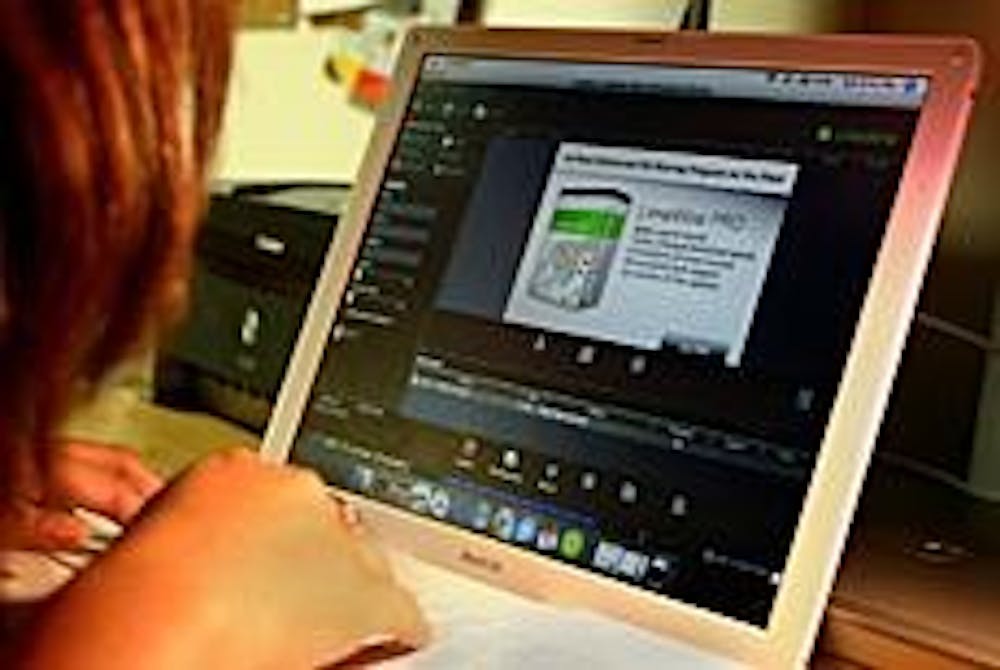A recent study shows students with relaxed attitudes toward illegal downloads could put future job opportunities at risk, as employers are less likely to hire someone who has participated in illegal file sharing.
According to a study conducted by the Business Software Alliance, "The vast majority of managers [in the job marketplace], 86 percent, say that applicants' file sharing attitudes and behaviors have an impact on their hiring decisions."
The survey also said nearly one-third of the hiring managers surveyed reported they would not consider a candidate for a position if they had improperly obtained or shared files in the past.
This could have a major impact on recent and future graduates of AU, because according to the BSA's study, more than one-fifth of all recent college graduates have downloaded or exchanged copyrighted materials on work computers without paying for them.
The impact of illegal file sharing on job prospects, however, has yet to worry AU students, if affect them at all.
Jenny Kating, a freshman in the School of International Service, said she thinks students download music because they are unsure of the rules.
"I guess I don't know the specific rules on campus," she said. "Part of me thinks it's a joke."
Andrew Robinson, a sophomore in SIS, said he has more knowledge of the risks of illegal downloading.
"I know a couple of people who have been caught on campus," he said. "They got their [AU Internet] accounts shut down," referring to when AU blocks a user's IP address from having access to the campus Internet server.
According to Julie Weber, executive director of AU's Housing and Dining Programs, "If a student is caught sharing copyrighted material, Housing and Dining has the option to remove the student from the network or, if the need arises, report a student to the RIAA [Recording Industry Association of America]."
Students have a tendency to think illegal file sharing will not affect them, even if they are aware of the consequences, Weber said.
If students believe file sharing is not an issue at AU, they need to look no farther than the school gates. In 2004, The Washington Post reported that at least two students from AU were sued by the RIAA as part of the group's nationwide crack down on music piracy.
One way AU has combated music piracy is to follow suit with other national universities and give Internet users the option to use Napster, an online music subscription service. So far this academic year, about 1,100 students have registered for the service.
In the end, the BSA's research serves as a reminder of the risks associated with illegal downloads.
"[The students surveyed] frequently cited 'no money' as a reason to download, so we realized financial costs are a tremendous concern and motivation affecting their behavior," said John Wolfe, director of internet enforcement at BSA. "It was logical to try to demonstrate a greater financial cost that they likely hadn't considered - their future livelihoods"





